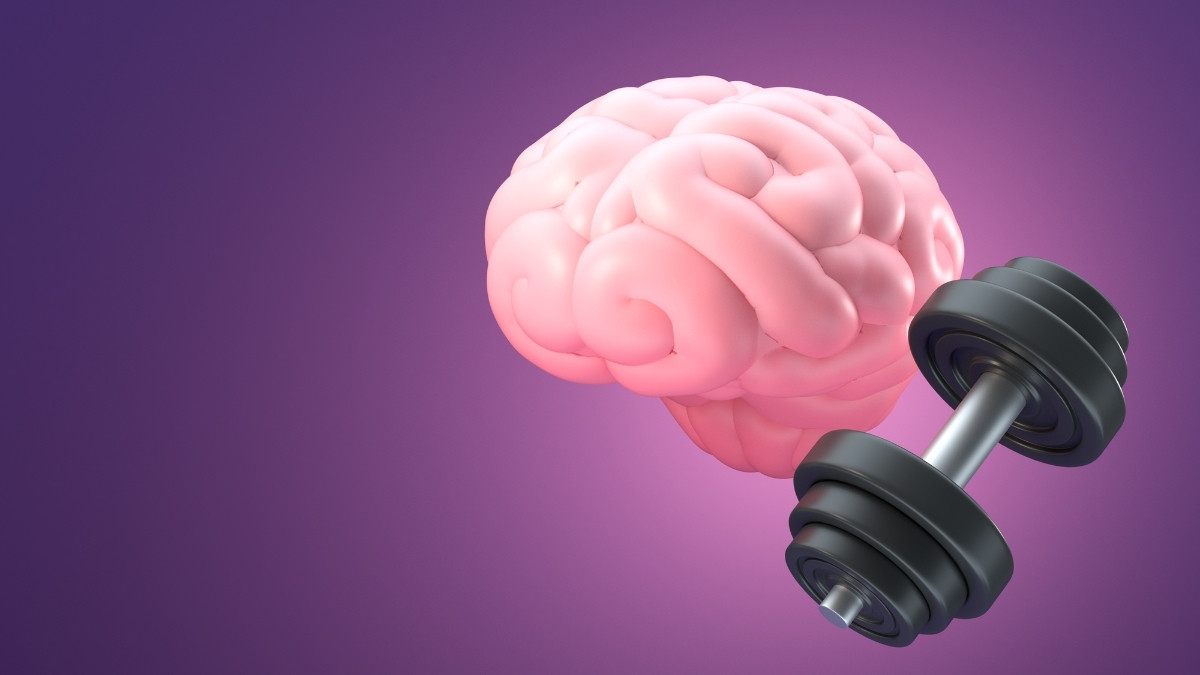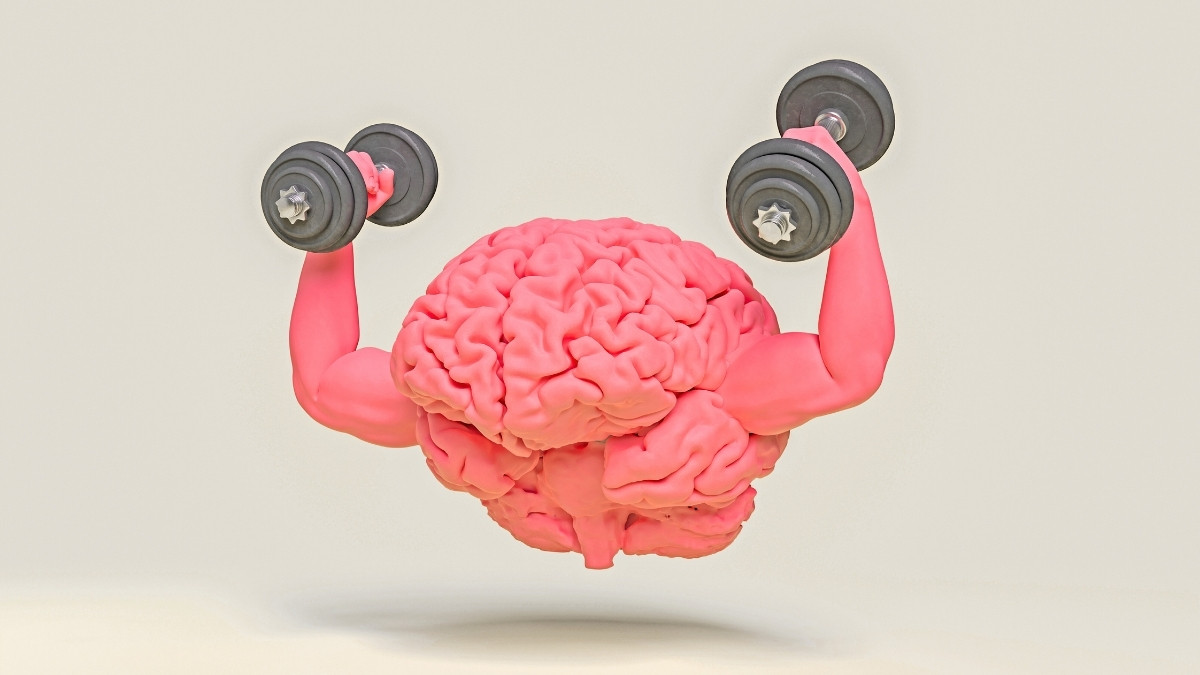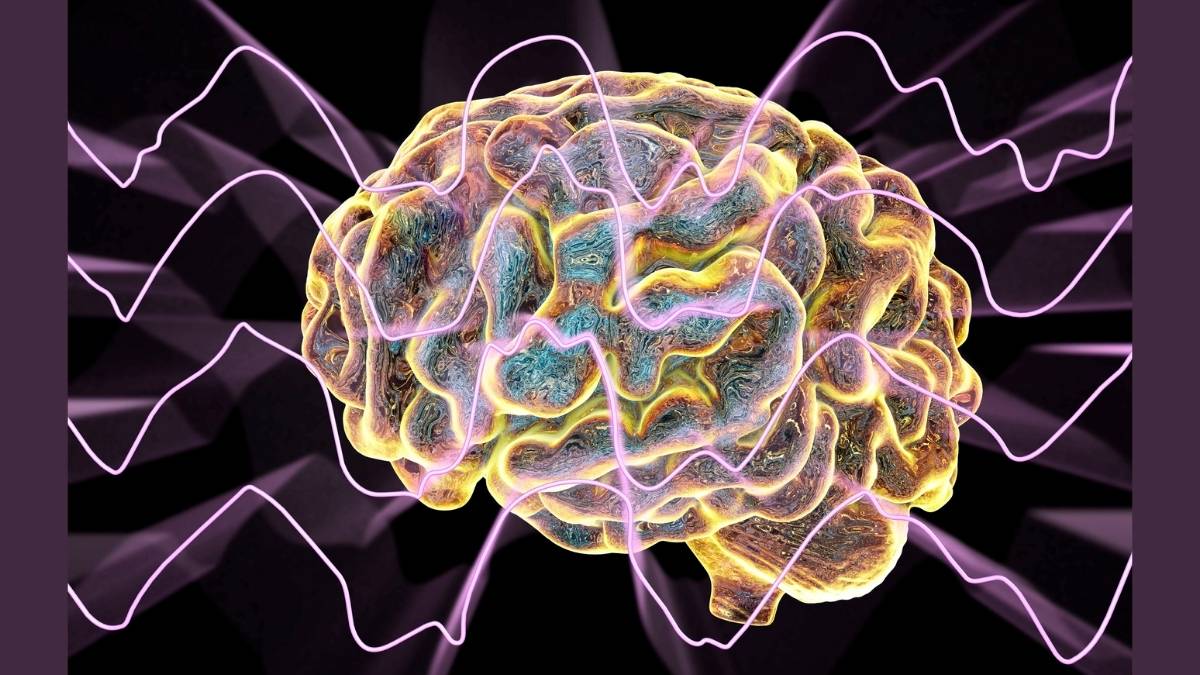Despite being 90, his Brain Functions Like a 50-Year-Old’s, and his Daily Routine is Mind-Blowing

While most 90-year-olds struggle to remember where they put their keys, Dr. Harold Chen can still perform complex brain surgery. His hands stay steady, his decisions sharp, his memory crystal clear. What makes him different?
You worry about losing your mind as you age. You’ve watched parents or grandparents fade away, forgetting names and faces they once knew by heart. The fear keeps you awake at night – will that be me in 20 years?
The good news? Cognitive decline isn’t inevitable. Dr. Chen isn’t a genetic miracle or a medical anomaly. His brain health at 90 comes from simple daily choices he’s made for decades.
This guide reveals the exact daily routine for brain health that keeps minds sharp at any age.
You’ll learn the morning habits that boost memory, the foods that protect brain cells, and the exercises that grow new neurons. These cognitive longevity secrets work at 50, 70, or 90.

Your brain’s future isn’t written in stone. It’s written in your daily habits. Start building those habits today, and your 90-year-old self will think as clearly as you do right now.
Morning Routine: The Foundation of Cognitive Longevity

Your morning sets the tone for your brain all day. Get it wrong, and you’ll feel foggy until bedtime. Get it right, and your mind stays sharp for hours.
The 5 AM wake-up isn’t about being tough. It’s about brain science. Your cortisol peaks naturally at dawn. This hormone helps you think clearly and stay alert. Fight your body’s rhythm, and you’ll pay with mental fatigue.
Twenty minutes of meditation comes next. This isn’t new-age fluff. Brain scans show meditation grows the hippocampus. That’s your memory center. Just 20 minutes daily can reverse age-related brain shrinkage.

Breakfast fuels everything. Blueberries boost memory within hours. Walnuts provide omega-3s that protect brain cells. Greek yogurt stabilizes blood sugar, preventing afternoon mental crashes.
Exercise gets blood flowing to your brain. A 30-minute walk increases BDNF, your brain’s growth hormone. This daily routine for brain health creates the foundation for cognitive longevity secrets that last decades.
Intellectual Engagement: Keeping the Mind Sharp
Your brain craves challenges like your body craves food. Stop feeding it new information, and it starts to shut down. The solution isn’t harder puzzles – it’s staying actively engaged with the world around you.

Working past retirement keeps your mind firing on all cylinders. Volunteer at libraries, tutor kids, or consult in your field. The key is responsibility and deadlines that force your brain to perform.
Learning new skills creates fresh neural pathways that bypass damaged areas. Try Spanish on Duolingo for 15 minutes daily. Pick up guitar or learn to code. Your brain builds new connections with every lesson.
Reading fiction works your imagination and empathy centers. Biographies teach problem-solving through real examples. Science articles keep you curious about how things work. Mix different types to exercise various brain regions.
Social connections matter more than solo activities. Join book clubs, community groups, or hobby meetups. Conversations force your brain to process, respond, and adapt in real-time.

Brain games like Sudoku help, but they’re not magic. Real-world challenges beat apps every time. For brain health at 90, choose activities that matter to you personally. Passion drives cognitive longevity better than any puzzle.
Physical Exercise: The Brain’s Best Friend
Your muscles aren’t the only thing getting stronger when you exercise. Your brain grows too, literally. Moving your body is the single best thing you can do to prevent age-related cognitive decline.

Cardio pumps fresh blood and oxygen straight to your brain cells. A 30-minute walk increases blood flow by 20%. Your brain needs this fuel to think clearly and form new memories.
Strength training does more than build muscle – it builds brain power. Lifting weights twice a week boosts decision-making skills and planning abilities. Your brain has to coordinate complex movements, creating new neural connections.
Balance exercises like yoga or tai chi challenge your brain’s control center. They force different brain regions to work together, keeping your coordination sharp as you age.
Here’s your weekly plan: 150 minutes of moderate cardio (that’s just 30 minutes, 5 days). Add two strength sessions of 20 minutes each. This simple daily routine for brain health cuts dementia risk by 30%.

Exercise triggers BDNF, your brain’s growth hormone. Think of it as fertilizer for brain cells. The more you move, the more BDNF you produce. More BDNF means better memory, faster thinking, and stronger focus well into your 90s.
Nutrition and Brain Health: Feeding the Aging Mind
Your brain eats first. It grabs 20% of everything you consume before your muscles get anything. Feed it junk, and you’ll think like junk.

Anti-inflammatory foods fight brain aging at the cellular level. Salmon twice a week delivers omega-3s that repair damaged brain cells. Walnuts, flaxseeds, and sardines work too. Your memory gets sharper within weeks.

Berries are brain candy. Blueberries and blackberries pack antioxidants that protect against mental decline. One cup daily can reverse age-related memory loss in just 12 weeks.
Water matters more than you think. Your brain is 75% water. Drop just 2%, and your focus crashes. Drink 8 glasses daily for clear thinking.

Skip the brain killers: processed foods, excess sugar, and trans fats create inflammation that damages neurons. These cognitive longevity secrets mean choosing leafy greens over chips, olive oil over margarine.
For brain health at 90, eat like the Mediterranean diet: fish, nuts, vegetables, and olive oil. Your future self will thank you.
Sleep and Recovery: The Overnight Brain Reset
Your brain doesn’t rest when you sleep. It gets busy cleaning house. Skip quality sleep, and toxic proteins pile up in your brain like garbage in an overflowing bin.

Seven to eight hours isn’t just a suggestion – it’s brain maintenance time. During deep sleep, your brain washes away waste proteins that cause memory problems. Less than seven hours, and this cleanup process fails.
Your bedroom should be a sleep sanctuary. Keep it cool (65-68°F), dark as a cave, and quiet. Blue light from phones tricks your brain into thinking it’s daytime, so put devices away two hours before bed.
A 20-minute afternoon nap can boost your memory by 30%. But nap after 3 PM, and you’ll mess up your nighttime sleep. This daily routine for brain health works best with consistent timing.

Your brain’s cleaning crew only works during deep sleep phases. Think of it as your nightly brain detox. Poor sleep quality ages your brain faster than almost anything else. For cognitive longevity, treat sleep like medicine – you need the right dose at the right time.
Stress Management and Mental Health
Stress is your brain’s silent killer. Chronic worry floods your brain with cortisol, a hormone that literally shrinks your memory center. Left unchecked, stress ages your brain 10 years faster than normal.

Mindfulness stops this damage in its tracks. Just 10 minutes of daily meditation lowers cortisol by 25%. Try the 4-7-8 breathing technique: breathe in for 4, hold for 7, out for 8. Your brain calms down within minutes.
Social connections are medicine for your mind. People with strong friendships have 50% less risk of dementia. Call a friend, join a club, or volunteer. Loneliness literally shrinks brain tissue, while meaningful relationships grow new neurons.
Having purpose gives your brain a reason to stay sharp. Whether it’s grandchildren, hobbies, or helping others, purpose-driven people maintain better memory and thinking skills. Find something that makes you excited to wake up each morning.

Don’t tough it out alone. Depression and anxiety can prevent age-related cognitive decline if treated properly. Talk therapy and medication work. For brain health at 90, your mental health matters as much as your physical health.
Creating Your Own Brain-Healthy Daily Routine
You know what to do, but starting feels overwhelming. The secret isn’t doing everything at once. Start with one habit and build slowly – your brain needs time to adapt.

Pick your easiest win first. If you’re not a morning person, don’t start with 5 AM wake-ups. Try a 10-minute evening walk instead. Success builds momentum better than perfection builds failure.
Track one thing at a time using a simple calendar. Mark an X for each day you complete your chosen habit. After 30 days, add the next habit. This daily routine for brain health grows naturally without overwhelming you.

Can’t exercise much? Start with chair exercises or gentle stretching. Bad memory? Use phone reminders and sticky notes. The key is adapting these cognitive longevity secrets to fit your real life, not some perfect version.
Expect to see small changes in 2-3 weeks, bigger improvements in 2-3 months. Your energy will improve first, then your focus and memory. Some days you’ll skip habits – that’s normal. Just start again tomorrow. Consistency beats perfection every single time.
Your Brain’s Future is in Your Hands : Final Thought;
Brain health at 90 isn’t luck or good genes. It’s the result of daily choices you make starting today. Every morning routine, every workout, every brain-healthy meal is an investment in your cognitive future.

You don’t need to be perfect – you just need to be consistent. The 90-year-olds with sharp minds didn’t do anything magical. They simply made brain-healthy habits part of their normal day, year after year.
Your future self is counting on the decisions you make right now. Pick one habit from this guide and start this week. Whether it’s a 10-minute morning walk, adding blueberries to breakfast, or calling an old friend, small steps lead to cognitive longevity.
Start today. Your 90-year-old brain will thank you.






